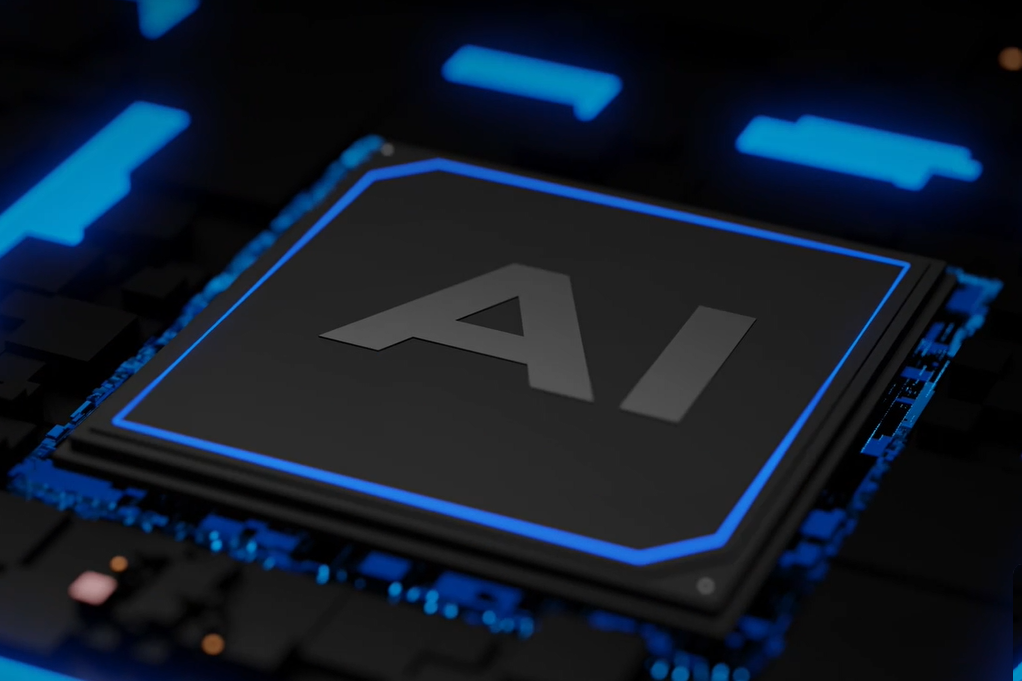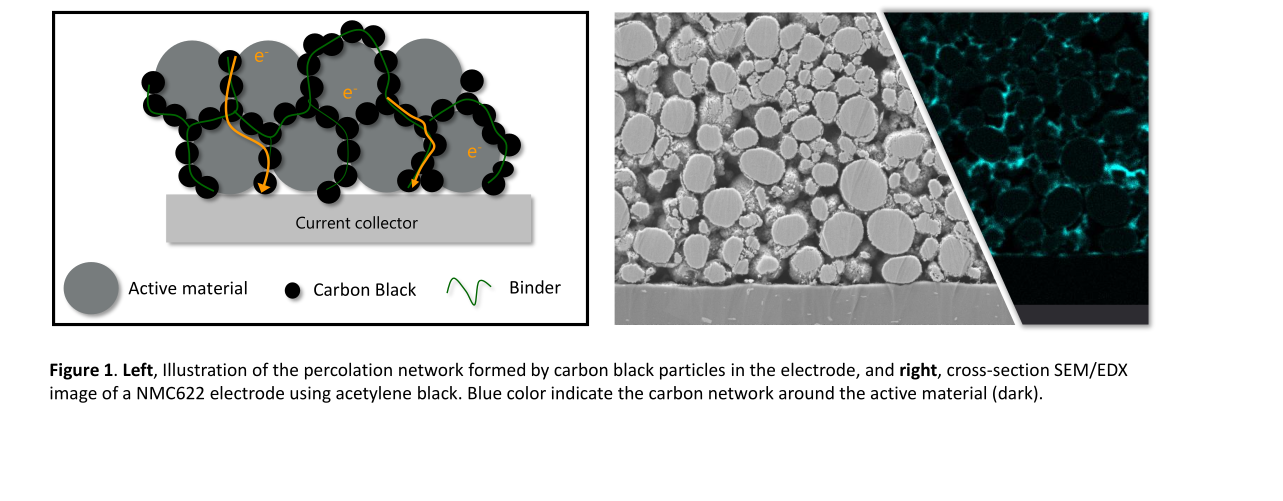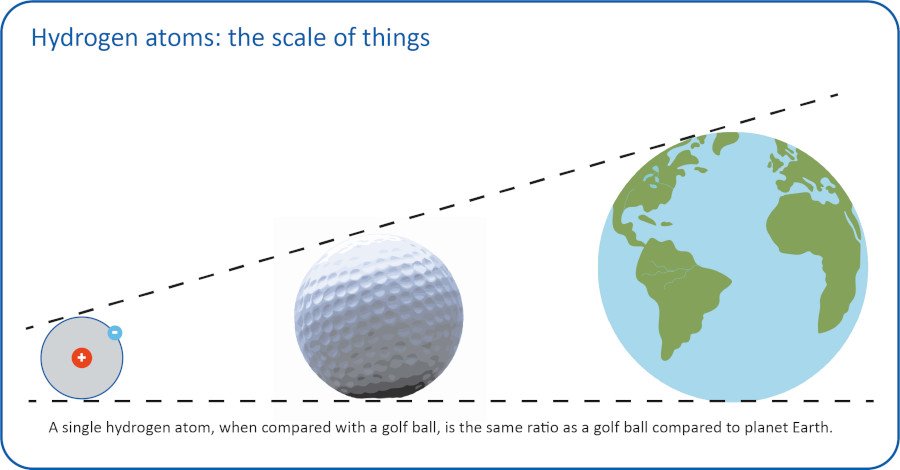AI holds the key to making cleaner, greener and safer EV batteries a reality
The acceleration of Electric Vehicle (EV) adoption continues to fuel debate. While EVs are more popular than ever, the rate of take-up falls behind the ideal. Criticism regarding usability and, more recently, weight of EVs, hinders the progress of meeting net-zero goals and transitioning from conventionally powered means of transport, to those that are more efficient, cleaner and have the potential to be more affordable to run and maintain.

Equipping an EV with a bigger, larger capacity battery is the most straightforward way to increase range and alleviate the range anxiety that is experienced by some consumers. The result, however, is a heavier vehicle. Instead, fully exploiting the potential of the associated Battery Management System (BMS) presents the solution to optimising performance and efficiency without physically altering a vehicle or its hardware.
A typical BMS will ‘do the job’ sufficiently, operating within parameters that strike a balance between performance, reliability and safety. While this is acceptable, it does not fully exploit the battery.
As a battery software pioneer with a passion for e-mobility, Eatron Technologies is committed to changing this, unlocking the potential of any battery via the world’s most advanced BMS software. Harnessing the power of AI is at the heart of achieving this.
Benefiting from years of research and development, the company’s Intelligent Software Layer (ISL) represents a key breakthrough in enhancing any BMS. By integrating AI models at the edge and leveraging cloud connectivity for monitoring and over-the-air updates, ISL empowers enhanced Battery State Estimation (i.e. State of Charge and State of Health) accuracy and prediction capabilities.
This technology translates into tangible benefits for EV manufacturers and buyers alike, such as increased range, faster charging, prolonged battery life, and heightened safety. Furthermore, it catalyses significant cost savings, reduces warranty claims, and augments the resale value of EV batteries, thereby driving the future of vehicle electrification forward.
EV fleet operators will see significant increases in range and longevity of their vehicles when Eatron’s software is being employed on their batteries. This could translate into yearly savings in the millions!
Battery packs are designed to operate within a predefined window, to ensure consistent performance and guard against the effects of degradation. However, this does mean that as much as 5-10% of its capacity is rendered unusable. Eatron’s approach unlocks this latent capacity, thanks to its proprietary algorithms that deliver best-in-class accuracy.

The technology achieves a consistent SoC (state of charge) accuracy of ±1%, compared to an industry benchmark figure of around ±3%. The SoH (State of Health) algorithms are similarly precise, maintaining a ±2% accuracy throughout the lifetime of the battery, in contrast to an industry average figure of ±5%. With a clearer and more accurate picture of the state of the battery, it becomes possible to extract the maximum performance from it without exceeding the safety limits.
Its AI-powered approach to predicting the battery’s Remaining Useful Life (RUL) enables the ability to react to changes within the pack and potentially even work around them, perhaps by deploying alternative usage profiles or charging strategies. As a result, this more accurate picture of a battery’s health allows the safe extension of the pack’s operational life, in some cases by as much as 20%.
Likewise, the AI diagnostics can boost safety, detecting fault conditions such as lithium plating, and can predict cell failures weeks before they occur, with 90% accuracy, zero false positives, and across all major battery chemistries.
“The figures speak for themselves but a key benefit to the industry is that the technology can be deployed quickly and without the need for huge upfront investment,” said Amedeo Bianchimano, Chief Product Delivery Officer at Eatron Technologies. “Even batteries already deployed in the field can still benefit, by deploying our algorithms within the cloud to add an additional layer of monitoring that would not be possible otherwise. Alternatively, it can be embedded into a complete hardware solution.”
It is this use of the cloud that also plays a significant role in enabling Eatron to raise the bar in terms of intelligent, safe and highly connected BMS software.
The cloud’s capability to handle almost limitless data and its equally vast computing power are key benefits to its utilisation, but the real value of the cloud comes in being able to analyse data from thousands of vehicles. Having access to a large dataset makes it much easier to spot trends and discover anomalies, perhaps helping to identify failures before they occur, to improve safety or establish ways of improving efficiency. This is particularly critical for fleet owners/operators to monitor and proactively take actions to maximize uptime of their fleet.
“The cloud allows us to close the loop,” adds Bianchimano. “For example, traditional battery management systems are fixed at the point of design and stay that way throughout the life of the vehicle. But with the cloud, we can improve it over time, using insights gained from our analysis to deploy updates to the vehicle that learn not just from that user, but many thousands of users. With more data points available to us, it increases the confidence in our analysis too.”
Eatron’s pioneering approach to BMS development has potentially far-reaching implications. Taking Japan as an example – a country where environmental issues are well documented and where there is now a significant drive to lower its impact on the climate – deploying the company’s AI-powered technology and extending the lifespan of batteries in EVs by a few percent, has the potential to save over half a million tons of CO2 per year. Even if it is assumed that Eatron achieves only a 10% market penetration of production by Japanese automotive OEMs, that still creates the opportunity to save 50,000 tons of CO2 per year by reducing the need for new battery manufacturing.
Bianchimano concludes: “The widespread adoption of electric vehicles (both full EVs and hybrids) is undoubtedly dependent on reliable and cost-effective battery technology. We believe in making impact with technology, and by enhancing the lifetime value of batteries in automotive applications with our BMS software solutions, we will contribute to the increased penetration of EVs. Furthermore, when the batteries of new EVs are no longer fit for their original applications, our technology offers the further benefit of enabling their use as second-life batteries, thereby extending their lifecycle and contributing to a circular economy. This reduces waste and maximises the utilisation of existing resources.”
“Quite simply, by making every battery perform better, operate more safely, and be more sustainable, we are helping to build a net-zero future for everyone.”
Krzysztof Slosarczyk BMS Product Manager at Eatron Technologies






